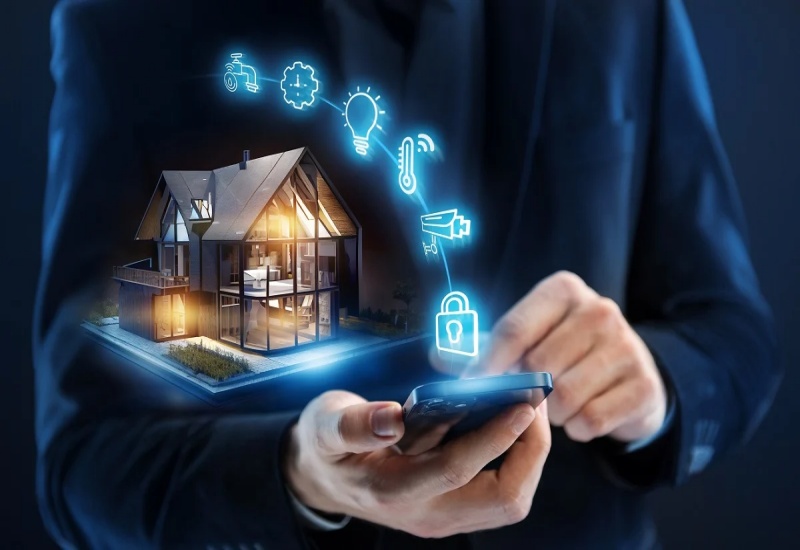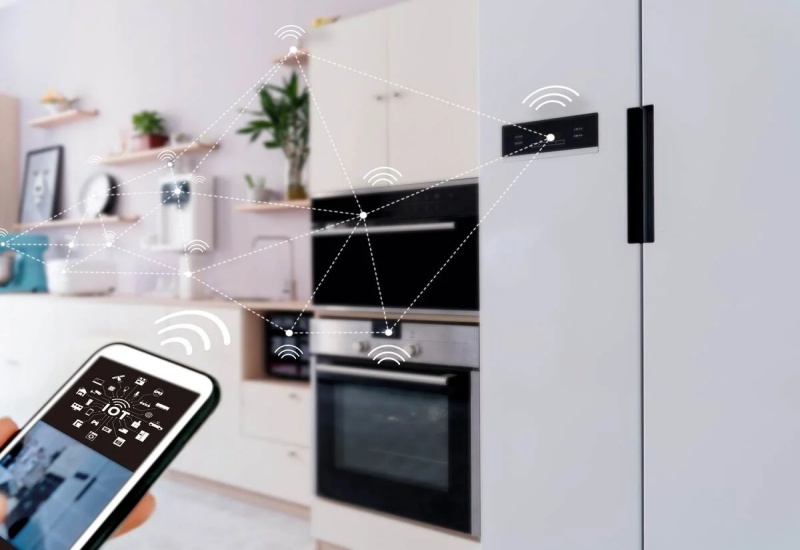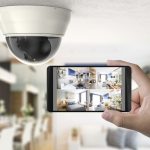At the core of smart home energy management is the ability to monitor and control energy consumption in real time. With the integration of smart meters and sensors, homeowners can track their electricity usage across different devices and appliances. This granular insight allows for informed decision-making, helping to identify energy-hogging appliances and optimize their usage patterns. For instance, smart plugs can turn off devices when they are not in use, preventing phantom loads that consume energy even when appliances are turned off.
One of the key benefits of smart energy management systems is their automation capabilities. By using data from various sensors and external sources like weather forecasts, these systems can automatically adjust heating, cooling, and lighting based on real-time needs. For example, a smart thermostat can lower the heating when the house is empty, and then raise it before occupants return, ensuring comfort without wasting energy. Similarly, smart lighting systems can adjust brightness based on natural light availability, further optimizing energy use.

Energy efficiency is significantly enhanced through integration with renewable energy sources. Smart home systems can manage solar panels, battery storage, and electric vehicle chargers to optimize the use of renewable energy. During peak sunlight hours, excess solar energy can be stored in batteries or used to power home appliances, reducing reliance on grid electricity and lowering carbon footprints.
Moreover, smart home energy management contributes to overall home security and convenience. By remotely monitoring and controlling energy usage via smartphone apps, homeowners can ensure their homes are running efficiently even when they are away. Alerts and notifications about unusual energy spikes or appliance malfunctions add an extra layer of security and peace of mind.
Smart home energy management systems are revolutionizing how we use and conserve energy. Through real-time monitoring, automation, and integration with renewable sources, these systems offer substantial benefits in terms of cost savings, energy efficiency, and environmental sustainability. Embracing smart energy management is a step toward a more sustainable and efficient future for every homeowner.



